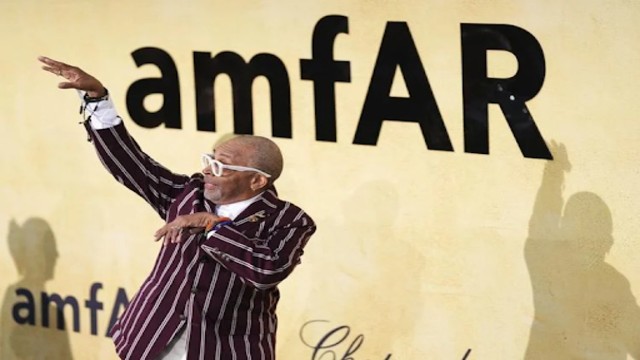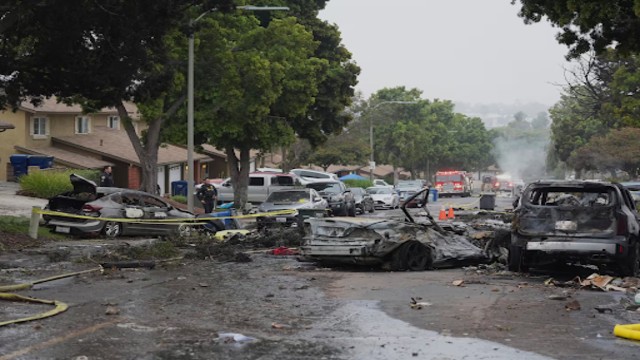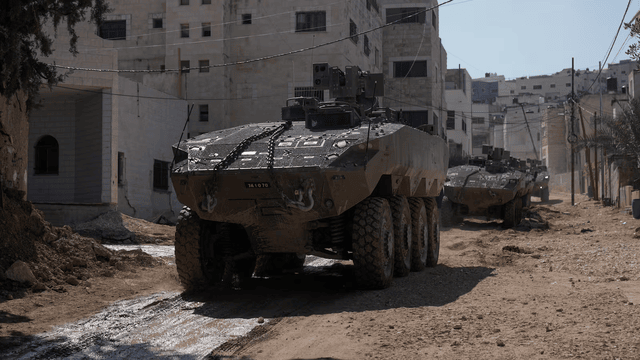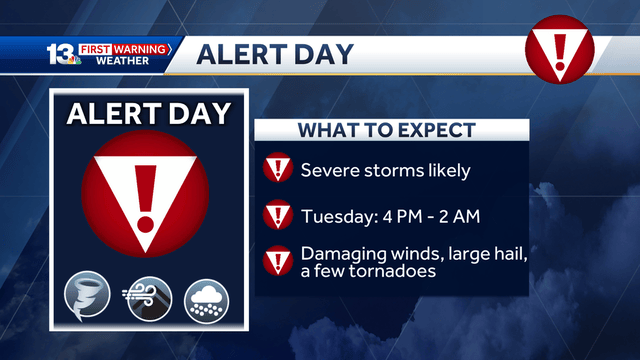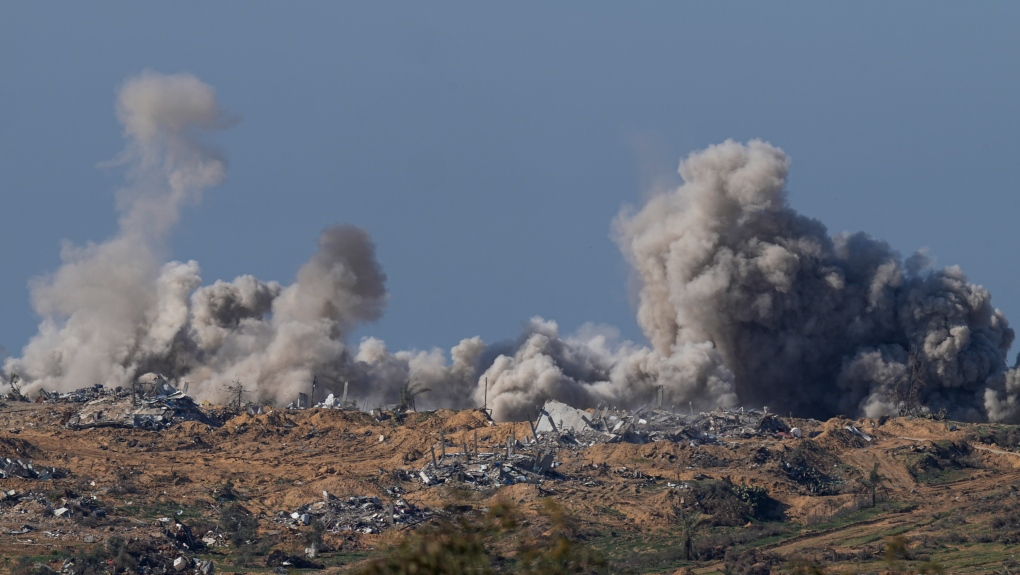
On Sunday, January 7, 2024, smoke ascends after an Israeli bombardment in the Gaza Strip, visible from southern Israel. The photograph was taken by Ohad Zwigenberg and is credited to the Associated Press.
In a recent development, the Israeli military has indicated the conclusion of major combat operations in northern Gaza, asserting the successful dismantling of Hamas' military infrastructure in the region. The announcement comes as the conflict against the militant group entered its fourth month on Sunday.
While the Israeli military did not specifically address future troop deployments in northern Gaza, Rear Adm. Daniel Hagari, the military spokesman, stated late Saturday that forces would shift their focus to the central and southern parts of the territory. Additionally, efforts would be made to strengthen defences along the Israel-Gaza border fence.
This update precedes a visit to Israel by U.S. Secretary of State Antony Blinken, currently in Qatar, a pivotal mediator in the conflict. Officials from the Biden administration have been urging Israel to transition from its intense air and ground offensive in Gaza to more targeted attacks against Hamas leaders.
Recent weeks have seen Israel reducing its military operations in northern Gaza while intensifying efforts in the south, where a large portion of Gaza's population faces dire conditions due to Israeli airstrikes. Israeli Prime Minister Benjamin Netanyahu maintains that the conflict will persist until the objectives of eliminating Hamas, securing the return of Israel's hostages, and ensuring Gaza poses no threat to Israel are achieved.
The conflict originated from Hamas' attack on southern Israel on October 7, resulting in the death of approximately 1,200 people, mostly civilians, and the taking of around 250 hostages. In response, Israel's retaliatory actions have led to the deaths of over 22,800 Palestinians and injuries to more than 58,000, according to the Health Ministry in Hamas-run Gaza. The toll encompasses both combatants and civilians, with health officials noting a significant number of women and minors among the casualties.
The situation took a tragic turn on Sunday with an airstrike near the southern city of Rafah, claiming the lives of two journalists, including Hamza Dahdouh, the eldest son of Al Jazeera's chief correspondent in Gaza, Wael Dahdouh. Al Jazeera condemned the killings and called for accountability from the International Criminal Court, governments, and human rights groups.
Another airstrike hit a house between Khan Younis and Rafah, resulting in at least seven casualties. In Khan Younis, the bodies of 18 people, including 12 children, were received at Nasser Hospital, following an Israeli strike late Saturday. The Khan Younis refugee camp, established decades ago to house refugees from the 1948 war, was the site of the strike.
Israeli forces also advanced further into the central city of Deir al-Balah, prompting warnings to residents in several neighbourhoods to evacuate. The humanitarian situation has compelled medical organizations such as Doctors Without Borders, the International Rescue Committee, and Medical Aid for Palestinians to withdraw their staff from Al Aqsa Martyrs' Hospital in Deir al-Balah.
The World Health Organization has called for the protection of health workers across Gaza. Military spokesman Hagari acknowledged the expectation of scattered fighting in northern Gaza, with occasional rocket launches toward Israel, emphasizing the presence of Hamas militants without a defined structure.
Despite U.S. appeals for de-escalation, Secretary of State Blinken, in his fourth Mideast trip, called for increased aid to reach Gaza and urged Israeli leaders to formulate a post-war vision for the territory. However, there remains a significant gap between the Biden administration and Netanyahu on the post-war governance of Gaza.
The situation is further complicated by an escalation of cross-border fighting between Israel and Lebanon's Hezbollah. Hezbollah described Saturday's rockets as an "initial response" to the targeted killing of a top Hamas leader in a Hezbollah stronghold in Beirut, presumed to be carried out by Israel.


